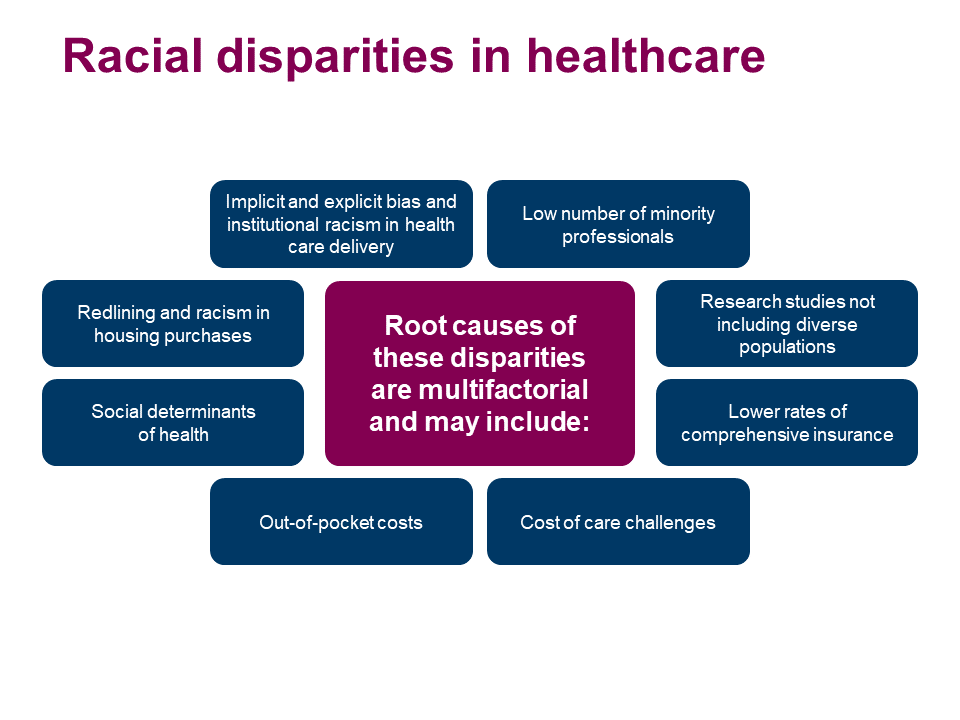If the medical profession wants to increase diversity in its ranks and reduce health care disparities for the nation, we must understand and remember the history of racial issues in medicine, Edith Mitchell, MD, told an audience at the AGA Presidential Plenary session.
“It’s important to know where you come from,” said Dr. Mitchell, clinical professor of medicine and medical oncology at Sidney Kimmel Cancer Center. “The history of Blacks in this country has led to health disparities and disparities in our professional ranks that persist 400 years later.”
Dr. Mitchell highlighted the careers of two trailblazing Black gastroenterologists — Dr. Leonidas Berry and Dr. Sadye Curry — as examples of the struggle to diversify the profession and improve care. Blacks historically had few opportunities in medicine. A 1910 landmark study of medical education, The Flexner Report, was responsible for the closing of all but two Black medical schools at a time when most medical schools only admitted a handful of Black students. Opportunities to participate in medical societies were also cut off, with the exception of the National Medical Association, founded in 1895, of which Dr. Mitchell is a former president.
The Flexner Report also denigrated the role of Black physicians, Dr. Mitchell said. “It advised that Blacks be trained in hygiene rather than surgery, and that they should mainly serve as sanitarians, whose purpose was protecting whites from disease.”
Dr. Berry and Dr. Curry were, respectively, the first Black doctor and the first Black female doctor to be certified in gastroenterology. While both had distinguished medical careers and advanced the field, they also were committed to civil service and to addressing health disparities among marginalized populations.
“Dr. Berry was a professional in gastroenterology, a teacher, an attending and a writer,” said Dr. Mitchell. “He was also committed to community service, a proponent of health care delivery to all, and stood up against segregation. Fighting the social injustices plaguing health care and the medical profession became not only a hallmark of his career, but of his life.”
Some of the ways Dr. Berry fought against segregation and racial discrimination include:
- Refused to attend AGA’s annual meeting because of the segregation of the hospitals.
- Led a joint NMA-AMA liaison committee tasked with ending racial discrimination in hospitals and medicine.
- Established the Flying Black Medics, which provided medical care to segregated southern Illinois.
Dr. Curry was also dedicated to teaching and mentorship. She served on President Jimmy Carter’s Friendship Forces Program as a Friendship Force Ambassador to West Berlin and on the National Council of Negro Women. She also founded the now-defunct Leonidas Berry Society, an organization of minority gastroenterologists, scientists and surgeons. The Association of Black Gastroenterologists and Hepatologists continues this legacy.
A critical component of closing the gap in health outcomes among racial minorities includes increasing the number of underrepresented minorities among physicians, Dr. Mitchell said. Data from the Accreditation Council for Graduate Medical Education (ACGME) shows that only 5% of physicians in the U.S. are Black, while Black individuals make up 13% of the total population.
“The number of physicians from underrepresented minority groups is well below the needs of minority populations, which furthers health care disparities,” she said. “We need to train more doctors from disparate communities.” Citing the ACGME Equity MattersTM framework, Dr. Mitchell stressed that “Healthcare institutions need to acknowledge this situation, accept it and act.”
Dr. Mitchell gave the oral presentation, “Improved survival in cancer but continued disparities: planning the future with precision medicine, but assessing the past through the rear-view mirror” on Monday, May 8, at 12:15 p.m. CDT as part of the AGA Presidential Plenary session.
If you attended DDW, your registration includes access to a recording of this session, available to watch at your convenience until May 17, 2024. Non-attendees can also purchase access to DDW On Demand.




